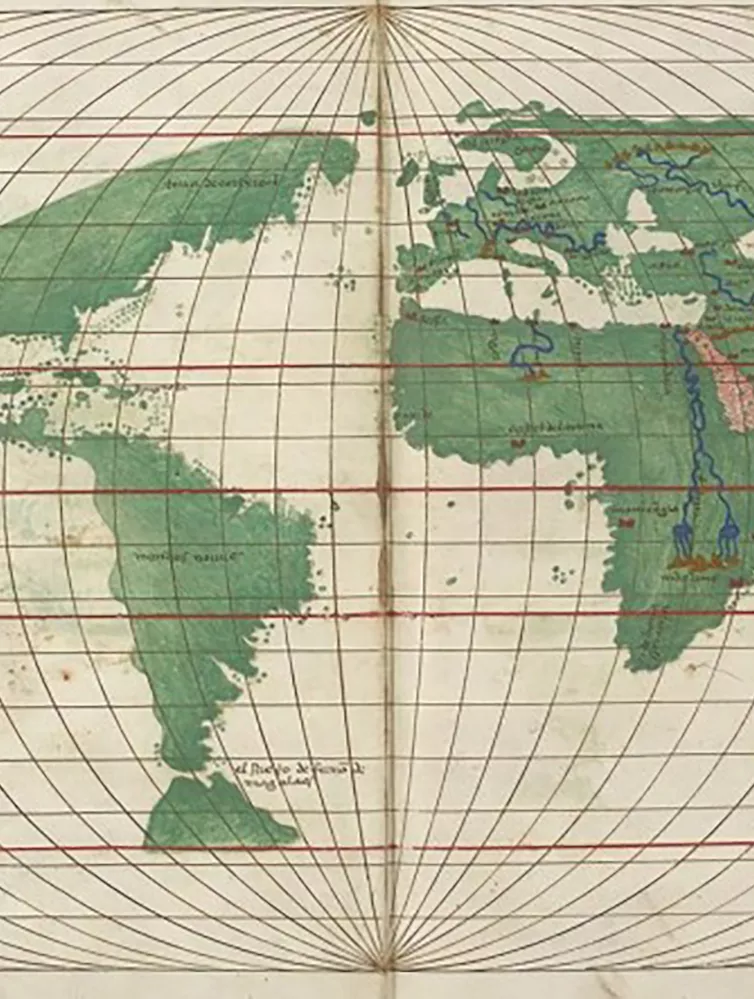Bryn Mawr Co-Hosts 94th Annual Meeting of the Medieval Academy of America in Philadelphia

Bryn Mawr College is one of the seven institutions hosting the 94th Annual Meeting of the Medieval Academy of America this year, which takes place March 7-9 in Philadelphia. In addition to co-hosting the Annual Meeting, Bryn Mawr is also sponsoring this event through generous financial support provided by its Department of Greek, Latin, and Classical Studies.
Catherine Conybeare, Professor of Greek, Latin, and Classical Studies, and Elly Truitt, Associate Professor of History, are both serving on the program committee. They are also organizing and chairing sessions at the event, along with Jamie Taylor, Associate Professor of English, and Alicia Walker, Associate Professor of History of Art on the Marie Neuberger Fund for the Study of Arts.
Truitt will be presenting her work on "The Invention of Modern Science" as part of a panel, while Taylor will present her research on "Underground Pilgrims: Subterranean Disorientation in Medieval Travel Texts."
“I'm interested in thinking about what happens to our understanding of a global Middle Ages when we stay in one place,” Taylor says. “And my argument is that we access messy, sedimentary history when we pay attention to caves and to underground spaces.”
A hard-working team of student volunteers has also made this event possible, including graduate students Mengtian Bai, Olivia Hopewell, Nava Streiter, and Kaylee Verkruisen, and undergraduates Juliette Choi '20 and Alex Tucker '20.
“I'm thrilled to be volunteering for such an important conference,” says Alex. “As someone who hopes to spend my career giving papers at conferences like this one, volunteering gives me a chance to experience some of what goes into making these things happen.”
The Medieval Academy of America is the largest organization in the U.S. promoting excellence in the field of medieval studies. This year’s meeting, taking place March 7-9, spotlights the “global turn” in medieval studies, treating the Middle Ages as a broad historical and cultural phenomenon that encompasses the full extent of Europe as well as the Middle East, southern and eastern Asia, Africa, and the Americas. More information about this year's meeting can be found here.